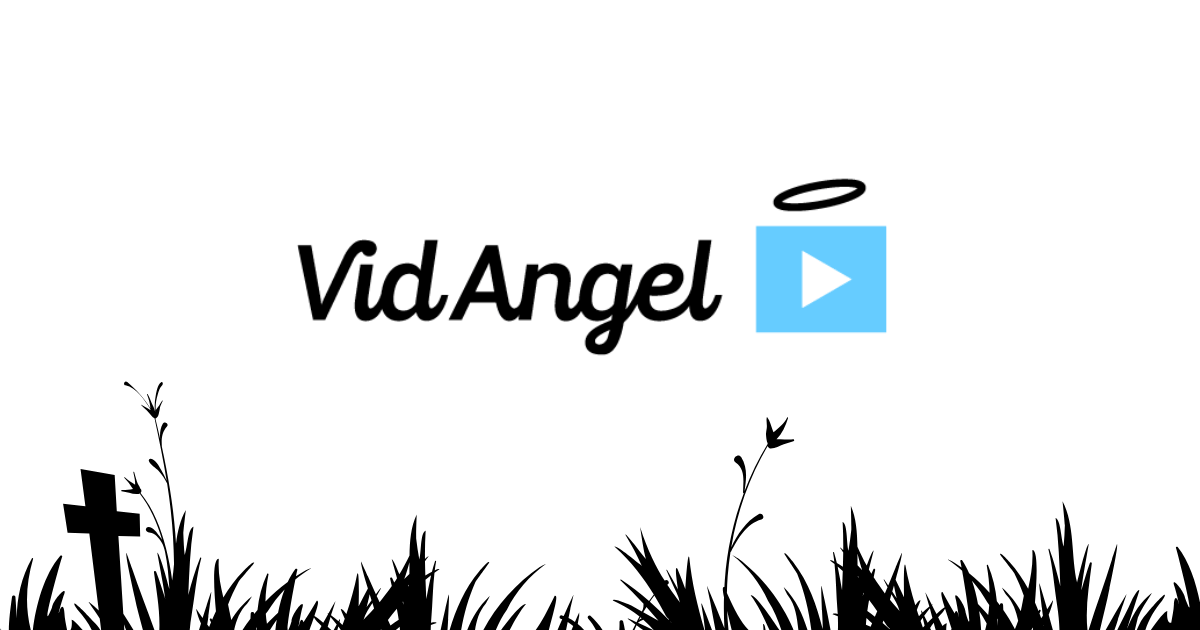
In 2013, four brothers in Utah set out to solve a problem most people just complained about.
Neal and Jeffrey Harmon, best known at the time for creating viral ads like Poo~Pourri’s “Girls Don’t Poop,” wanted a tech solution that let families control what they saw on screen—without waiting for studios to approve “clean” versions.
Their idea was simple: build a platform that let users filter out profanity, nudity, violence, or anything else they didn’t want to see in movies and shows they owned. But their execution? Far more controversial.
🎯 The Mission
VidAngel launched in 2014 with a clear value proposition:
“Make any movie fit for your home.”
It relied on a clever loophole: users “bought” a DVD for $20, streamed a filtered version hosted by VidAngel, and then sold it back for $19. The company claimed protection under the Family Movie Act of 2005, which allows content filtering for personal use.
But that legal gray zone would soon go up in flames.
🚀 Early Wins
Armed with tech from their Orabrush days and a clear pain point for conservative audiences, the Harmon brothers scaled fast:
Raised $10 million via equity crowdfunding in 2016 (hitting $5M in just 28 hours).
Applied viral ad tactics to content filtering (“Game of Thrones, without the thrones—or dragons”).
Grew into a subscription base that filtered hundreds of titles with customizable toggles.
Jeffrey built the brand. Neal carried the mission:
“VidAngel helps you make entertainment good for your home… every home is unique.” – Neal Harmon
⚖️ The Lawsuit That Changed Everything
By 2016, Disney, Lucasfilm, Warner Bros., and 20th Century Fox sued VidAngel for copyright infringement and violating the DMCA.
Hollywood said VidAngel was decrypting DVDs and streaming unlicensed content.
VidAngel argued it was no different from using a remote control.
In 2019, a jury sided with the studios. The damages?
$62.4 million.
VidAngel later settled for $9.9 million—to be paid over 14 years.
💥 Bankruptcy, Pivot & Rebirth
Facing an injunction and existential threat, VidAngel filed for Chapter 11 bankruptcy in 2017.
But unlike most startups that file, they didn’t disappear.
They pivoted.
The Harmons launched a new model in 2017: instead of hosting content, they created a tool that overlays filters on streams from Netflix, Amazon Prime, Apple TV+, and others. It was a major shift—and it worked.
They exited bankruptcy in 2020 with court approval.
And then came the rebirth.
🎬 Angel Studios: The Creator-First Pivot
Post-lawsuit, VidAngel became two companies:
VidAngel Entertainment: focused on streaming filters.
Angel Studios: focused on funding and distributing original content that aligned with their values.
The Chosen, a crowdfunded drama about the life of Jesus, became a global hit—raising millions and watched by tens of millions worldwide.
Dry Bar Comedy followed. So did other faith-based and family-friendly projects.
They weren’t just filtering anymore.
They were creating.
🔎 What Went Wrong (and Right)
✅ Nailed the problem: There was (and still is) demand for customizable, family-safe streaming.
❌ Missed the boundaries: Starting with DVD decryption was a legal gamble that invited billion-dollar enemies.
✅ Market loyalty: Despite lawsuits and service shutdowns, many users stuck around for the mission.
❌ Limited content: Even post-settlement, VidAngel couldn’t touch anything owned by Disney or Warner Bros.—a big loss.
✅ Resilient team: The Harmons never stopped building. They turned a broken model into a thriving one.
💡 Founder Takeaways
VidAngel’s story reads like a Silicon Valley parable: build fast, find market fit, get sued, survive, and pivot into something greater.
Here’s what founders can take from it:
“Don’t just ask if it’s legal—ask if it’s sustainable.”\
VidAngel’s early model may have passed their internal tests, but they underestimated the legal force of entrenched media empires.
“Distribution is power—but so is ownership.”
By investing in originals, Angel Studios now controls the content they filter and fund. No middlemen. No gatekeepers.
“Your greatest setback can be your new strategy.”
VidAngel’s lawsuit was a near-death blow. But the pivot to Angel Studios led to their biggest success.
And as Neal Harmon once put it:
“We had to learn the hard way. But we’re still here, and that matters.”
VidAngel Scorecard
Dimension | Score | Reasoning |
|---|---|---|
Product-Market Fit | 4/5 | Nailed a real pain point for conservative and family audiences—demand was strong and emotional. |
USP | 5/5 | Customizable, real-time filtering for existing content—no other streaming service offered this. |
Timing | 3/5 | Came too soon with a legally risky DVD model just as studios were tightening streaming rights. |
Founder Fit | 5/5 | The Harmon brothers had both the storytelling chops and scrappy execution skills to keep pivoting. |
Team (Execution) | 3/5 | Viral marketing and early traction were great, but legal blind spots nearly tanked the company. |
✍️ Lessons for Founders
Whether you’re building a AI app, a social platform, or a streaming service or other SaaS— disruption without durability is just defiance.
Respect the system you’re trying to change. Then find a better one.
Disruption isn’t just about breaking rules. It’s about outlasting gatekeepers—and knowing when to pivot from being a rebel to becoming a builder.
If you found it helpful, pass it on.
Cheers,
Ram

👉 My simple ask: It took hours to put together this post for you. I hope you forward this email to at least one founder friend or share on your social channels 🙏.
Startup Obituary is for educational purpose only not a business advice.
